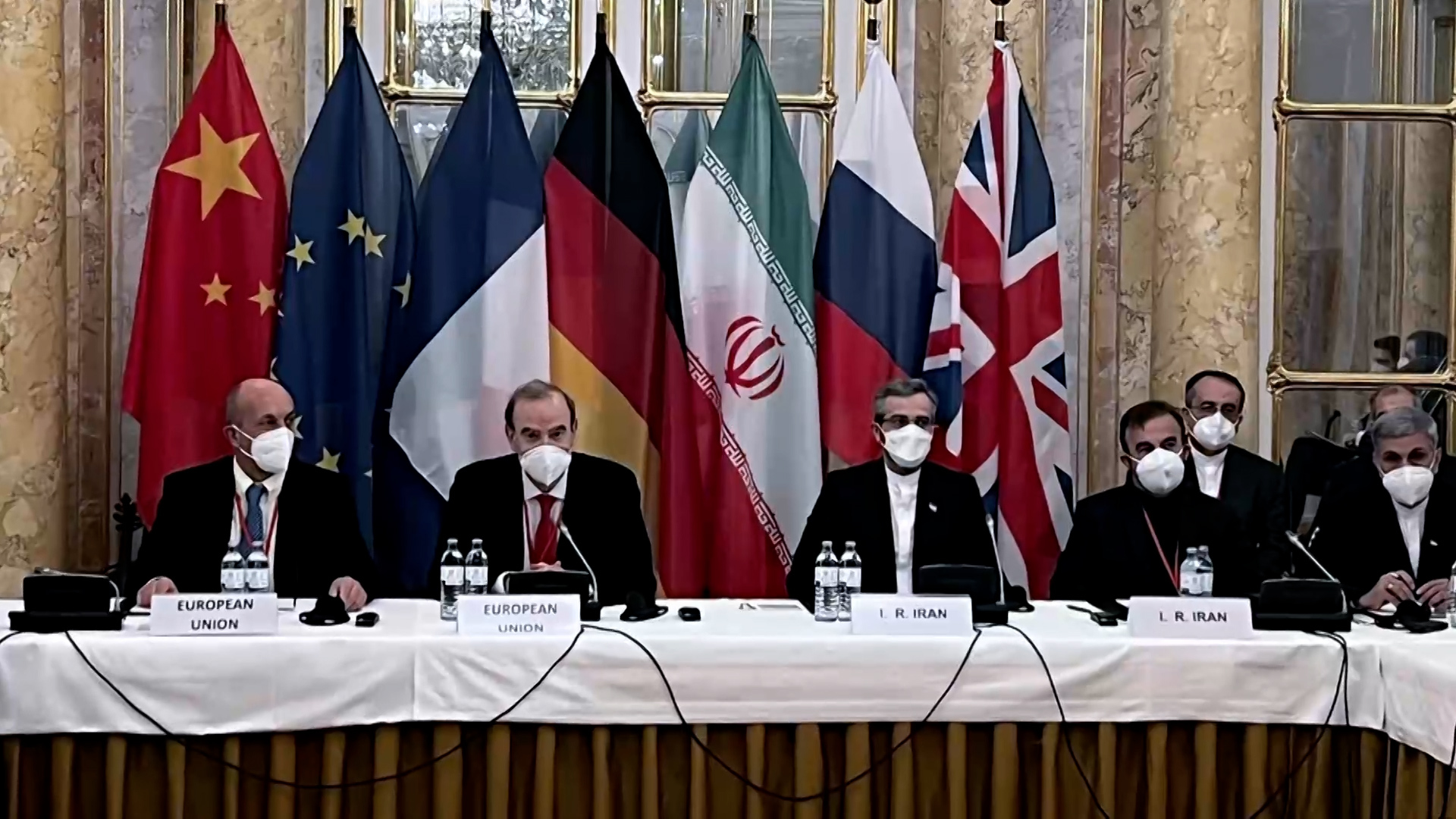Iran confirmed that it has begun reviewing the US response to its proposals to reach a nuclear agreement, and an American source revealed that the response focuses on economic guarantees, but it does not live up to Tehran's expectations, amid optimism that an agreement is approaching.
The American newspaper Politico quoted an informed source in Washington on Wednesday evening that the US response focuses on the final sticking points related to Iranian guarantees, as well as on economic guarantees, but it does not live up to Iran's expectations.
"Now we have to see if they realize this is as good as it gets or if they decide to push for more," he added.
Politico reported that what complicates reaching an agreement is the IRGC's economic expansion throughout Iran, and its participation in major economic projects.
The newspaper added, quoting Western officials, that the draft agreement would allow European and non-US companies to do business with companies affiliated with the Revolutionary Guards.
On Wednesday, the Iranian Foreign Ministry announced that it had begun to study the American response carefully, and that it would inform the European Coordinator of its opinion after it was completed, after the US State Department said that it had finished reviewing Iranian proposals on the draft nuclear agreement and sent it to the European Union.
European optimism and Israeli caution
The European Union's foreign policy chief, Josep Borrell, said Wednesday, in press statements, that there are only a few days left to conclude the agreement, as with the summer approaching its end, there will be new political calculations.
In turn, US National Security Council spokesman John Kirby confirmed Wednesday that Iran has given up some key demands, allowing the two sides to make some progress.
"We are now closer than we were just two weeks ago because Iran made the decision to make some concessions," Kirby said, but cautioned that "a lot of loopholes remain."
Meanwhile, Israeli Prime Minister Yair Lapid on Wednesday urged the administration of US President Joe Biden to abandon talks with Iran, saying that the previous agreement failed "to meet the criteria set by President Biden himself, which is to prevent Iran from becoming a nuclear state."
Lapid also warned that the frozen funds that Iran would receive as part of the agreement, estimated at $100 billion, would enable Tehran to finance more "malign" activities, in particular strengthening Hezbollah and Hamas and Islamic Jihad.
The Wall Street Journal quoted US and Israeli officials as saying that Washington takes the concerns of the Israeli side seriously, noting that the Israeli government is united in its rejection of the nuclear agreement, but the Israeli defense and security establishment adopts divided views.

